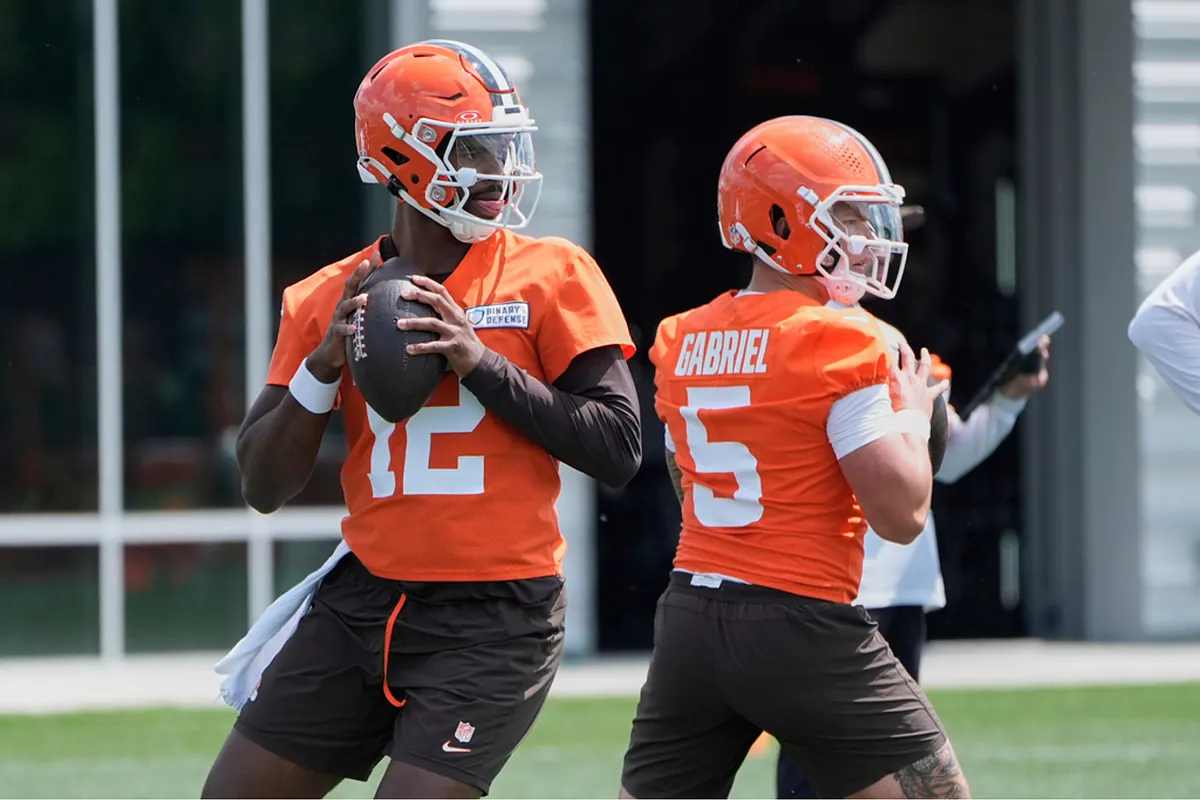

Making it to the NFL with the support of veteran players who guide rookies in understanding the league and maximizing their potential-especially by learning from those who already know what professional football entails, which is vastly different from college football-is a tremendous advantage. Talent develops more efficiently, pressure eases, and performance improves gradually.
When seasoned quarterbacks mentor incoming rookies from day one, offering valuable advice, the payoff for the team is significant. It saves time and reduces the steep learning curve that often accompanies the transition to the pro level.
Shilo Sanders reveals what job he’s gonna pursue after his football career is over
While there have been notable cases where experienced quarterbacks have refused to help the next generation-such as Brett Favre’s cold relationship with Aaron Rodgers in Green Bay, or Joe Flacco’s reluctance to guide young QBs-there are also successful examples where mentorship made all the difference. A prime case is that of Patrick Mahomes and Alex Smith, whose mentorship dynamic proved crucial to Mahomes’ rise into one of the NFL’s elite.
In a conversation with Nate Burleson last year, Mahomes explained how vital it was to have a mentor during his rookie season with the Kansas City Chiefs. He pointed out that the gap between the college game and the professional level is immense, and that having someone to lean on during that transition played a huge role in his development. Being able to observe, process, and adjust-while learning behind Smith-ultimately paved the way for Mahomes to become a cornerstone of the Chiefs and a future Super Bowl MVP.
Physical ability matters-but mental strength is key
Mahomes noted that playing multiple sports in college helped him develop his athletic abilities, but once he entered the NFL, he realized that physical skill alone wasn’t enough. To compete at the highest level, he had to sharpen his mental game.
I think I’ve learned most in the NFL I always tell young guys coming from college, the next step you take, the more your mind’s gonna play more than your physical ability. That’s something that I truly think is when I really took that next step was that year I sat and I learned that from Alex Smith. I have always been a guy who could physically make stuff happen. But when I learned how to let my mind really work, that’s when I took that next step in my game.
What Mahomes learned from Alex Smith
During his rookie year, Mahomes became a sponge-absorbing knowledge from Smith on how to read defenses, interpret coverages, anticipate traps, and create plays through mental acuity. This mentorship fast-tracked Mahomes’ development and helped mold him into one of the game’s top quarterbacks.
He quickly realized football isn’t just about physical prowess-it’s a chess match that requires foresight, or a puzzle where every piece must fit perfectly to move forward.
Lessons for Shedeur Sanders and Dillon Gabriel
Now that rookies Sanders and Gabriel are trying to earn a spot on the Cleveland Browns’ final roster, Mahomes’ words could offer valuable insight. While both have the physical tools and arm strength to compete, their mental growth will ultimately determine whether they stick with the team-and eventually, earn a shot at the starting role.
This news was originally published on this post .






Be the first to leave a comment